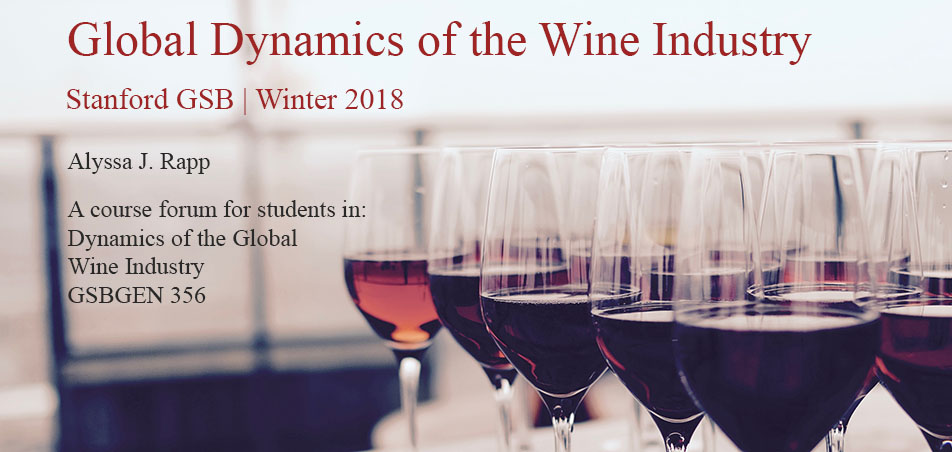Following Alder’s wine tasting lesson,
I did some research re. what it takes to become a master sommelier and stumbled
upon a study I had read as an undergraduate psych major. The dissertation, written
by Frederic Brochet, a PhD candidate from Bordeaux France, created a massive
stir in the wine community when it was released in 2001.
In Brochet’s study, researchers gave ~54
oenology students two glasses of white wine, one dyed with red food coloring
and asked subjects to describe the wines. An overwhelming majority of the wine
experts described the smell and tastes of the white wine with terms typically used
for white wine (eg. “honey,” “peach,“ and “lemon“) and the dyed red white wine
with terms used to describe red wines (eg. “raspberry,” “cedar,” and “cherry.”)
This was in spite of the fact that both
wines were exactly the same (with the exception of a few drops of tasteless
food coloring).
But here’s the kicker, which I did
not learn about when I read the study originally. Brochet, who created massive uproar in the industry
and had the public questioning wine critics and the press making fun of wine
expertise, left the world of academia to become a winemaker himself. Oh, the
irony.

Thanks for providing background on this interesting experiment. I'm a staunch believer in the democratization of wine tasting - everyone is entitled to form their opinion of and describe in whatever terms that may please them the flavor profile of the wine. I think sommeliers add only inspirational or poetic value, but not pedagogical value, in the field of wine appreciation.
ReplyDeleteIt's interesting (and perhaps encouraging) to see that the authors' best explanation for this effect (that "perceptual illusion [likely] occurs during the verbalization phase of odor determination") was so reminiscent of Alder Yarrow's hypothesis on the subject.
ReplyDeleteIt would be particularly interesting to see the relative sensory weighting of visual and gustatory input on the frontal lobe compared to the olfactory senses' impact on the amygdala. Perhaps this mismatch is not due to a sensory issue but rather an integration issue in the brain? Blind tastings may remove an overload of sensory input, thus making integration of remaining sensations more feasible?